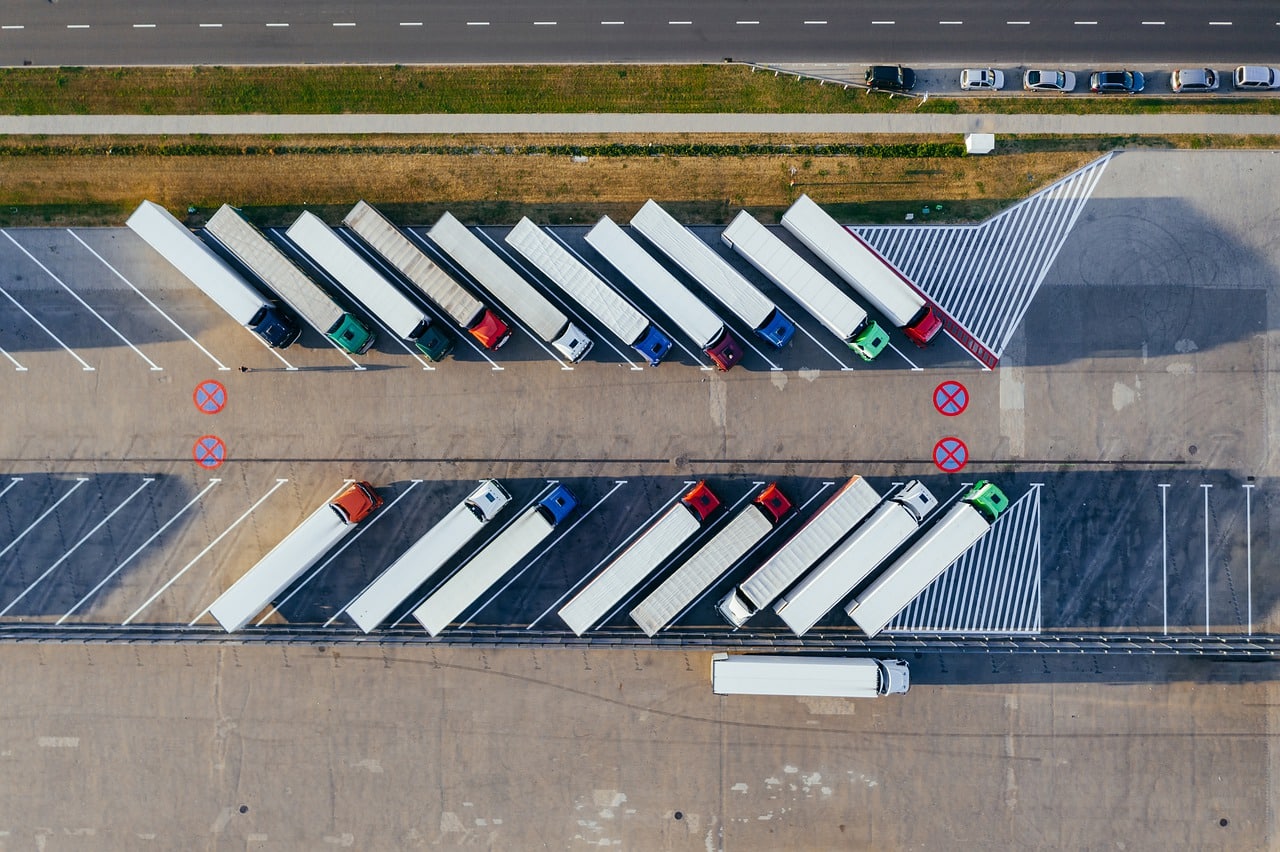Production for the German market accounts up to 80% of the total workload for some companies. The current crisis in Germany is heavily impacting entrepreneurs from Western Pomerania.
A general strike in Germany, the largest economic crisis the country has seen in years, and a reduction in foreign investment. The situation in our neighboring country is having real impacts on the Western Pomeranian economy. “What is happening economically in Germany is worrying and will have consequences for the whole of Europe,” says Hanna Mojsiuk, President of the Northern Chamber of Commerce in Szczecin.
Wood, steel, automotive, semi-finished products, trade exchanges. These are areas where Germany is requiring less from Poland than before
For many years, economic relations between Poland and Germany have been significantly better than political ones. The current protests in Germany and the recession, which is becoming a reality for this country, are bad news for Western Pomeranian entrepreneurs.
“The German economy has been in a difficult situation for some time now. It all started during the pandemic, but this slowdown is progressing and it is clearly visible in the investments, workforce situation, and plans to reduce operations that many German companies are struggling. This topic is important for Western Pomeranian entrepreneurs for many reasons. We are a border region. It is said that we have a geographic rent in the form of proximity to Berlin. For some time now, we feel that this rent is not so profitable because there are fewer investments from Germany, and the trade exchange due to the crisis and fewer orders is less intense,” says Hanna Mojsiuk, President of the Northern Chamber of Commerce in Szczecin.
“There is no chance that entrepreneurs from Western Pomerania will not feel the crisis in Germany. The number of transports has decreased, so the TSL sector already feels the changes. Trade exchange has dropped, with fewer orders for the metal sector, the wood sector, fewer orders on the semi-finished market, problems are also present in the automotive sector, which arguably has been most important for the German economy for years. Companies from the region that produce for clients outside Poland have to diversify their supply portfolio because relying only on clients from Germany could be risky in the coming years,” adds Hanna Mojsiuk.
The German crisis and Western Pomerania
Experts agree that recent economic relations between Poland and Germany have been heavily based on trade exchange. Therefore, the sectors feeling the crisis the most include TSL, industry, and automotive.
“It may not be a popular thesis, but the truth is that if it were not for the war in Ukraine, the situation of Polish ports and logistics in Poland would be dramatic. Currently, Poland is largely a “substitute port” for Ukraine and a considerable part of the cargo flow from this country is reloaded in Poland. This gives us an impetus for development and work. Economic relations with Germany have greatly slowed down and it is clear that our main trading partner must reorganize its national economy, find developmental potential, and look for innovation. Germany used to be an economic champion. What happened that the situation changed? This is certainly an important question for the whole country, because the ongoing protests there are a clear sign of frustration not only from the agricultural and public sector – says Przemysław Hołowacz, an expert of the TSL market from the CSL group.
“The crash in the German market is huge. Industry, automotive, electronics, steel, component production. All of these are being reduced and it is now clear that the production in Germany is at its lowest level in many years,” says Prof. Jarosław Korpysa, an economist from the University of Szczecin.
“This whole situation matters greatly for Western Pomerania. There are many firms in the region where even 80%- 90% of the production went to the German market. How are they going to cope when orders decrease even more? We can expect that border factories will also be downsizing, besides, the demand is already lower now – admits the expert.
“Companies relying on clients from Germany must look for alternative clients and when it comes to consumers of production technology, we don’t have many of them in Europe. How long can the crisis last? Hopefully, the shortest possible, although some admit that this could just be the beginning, “says Prof. Jarosław Korpysa.
